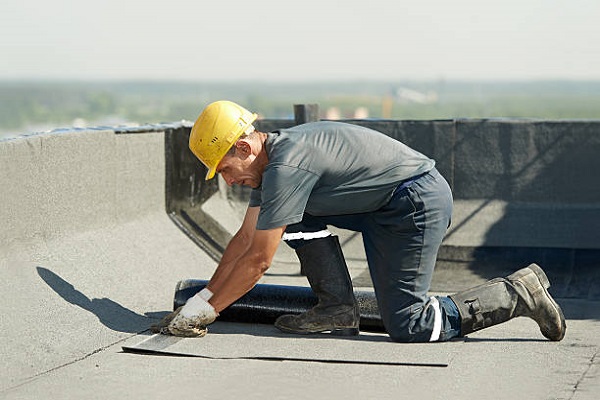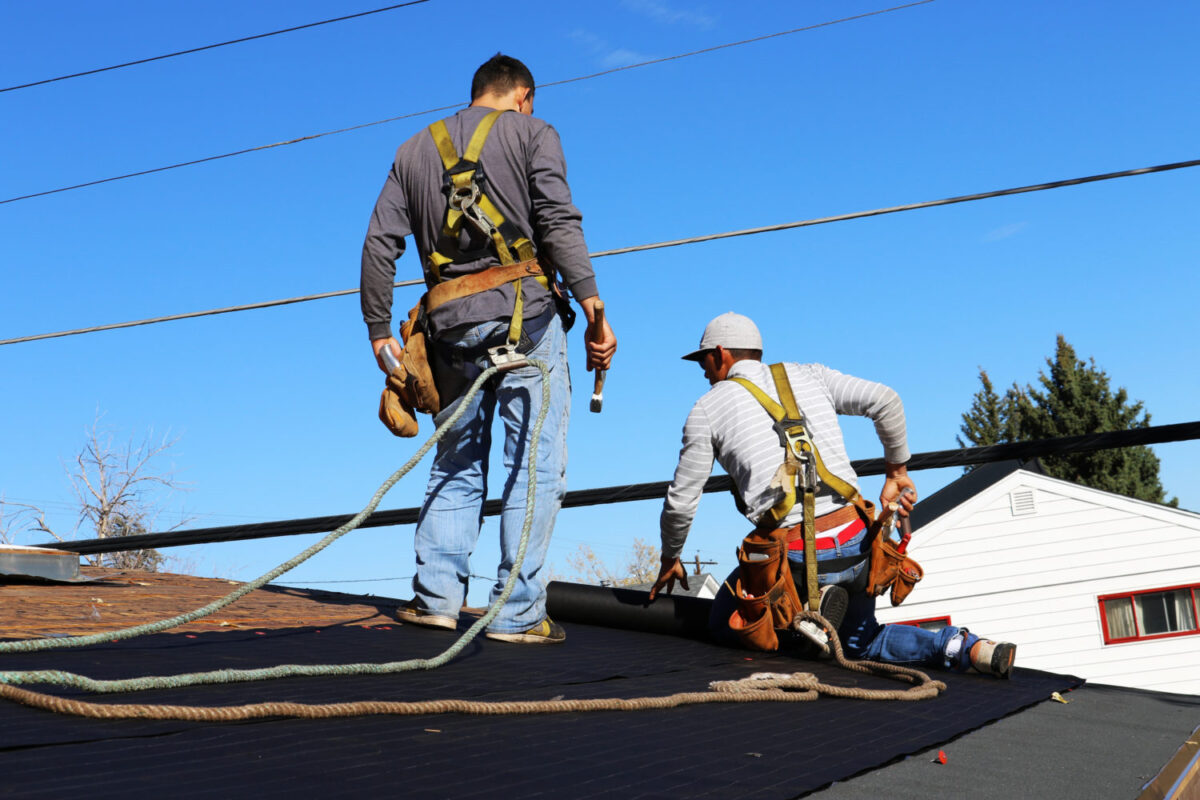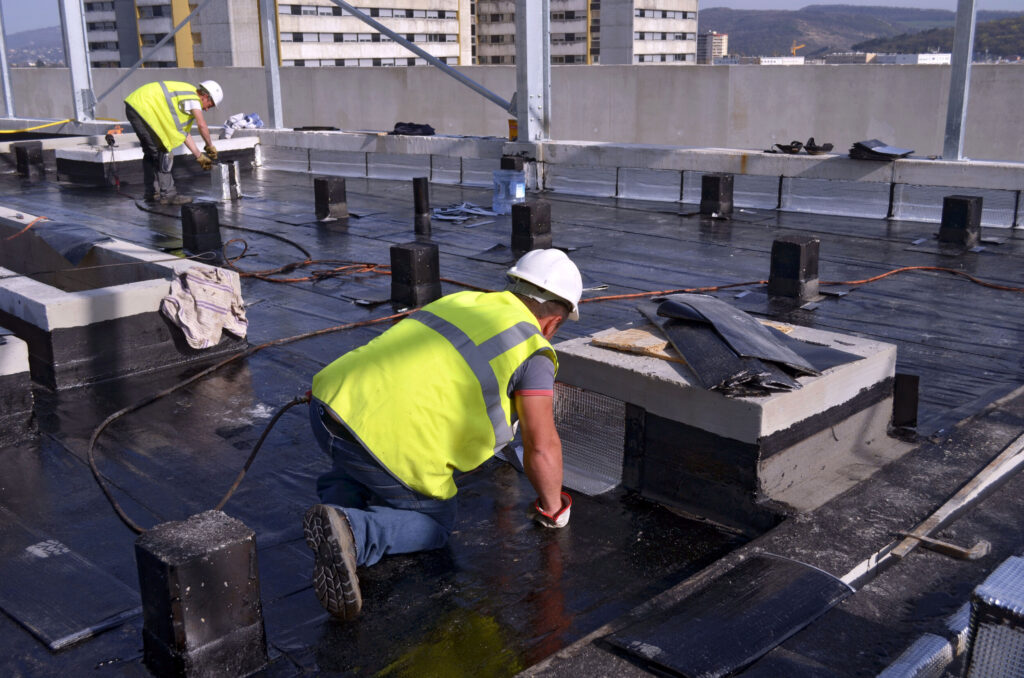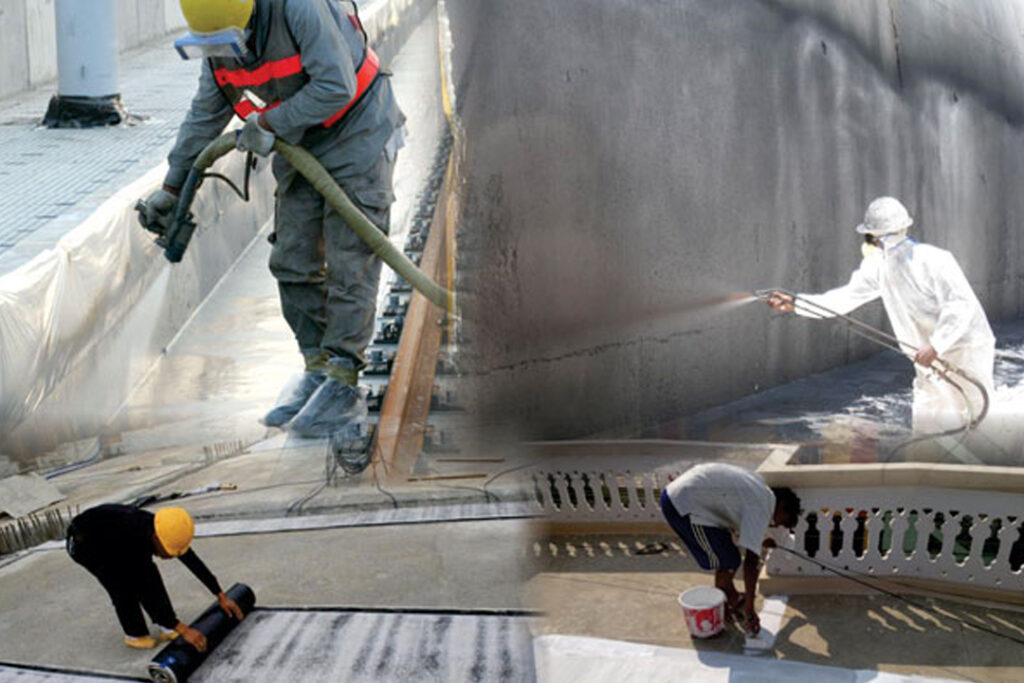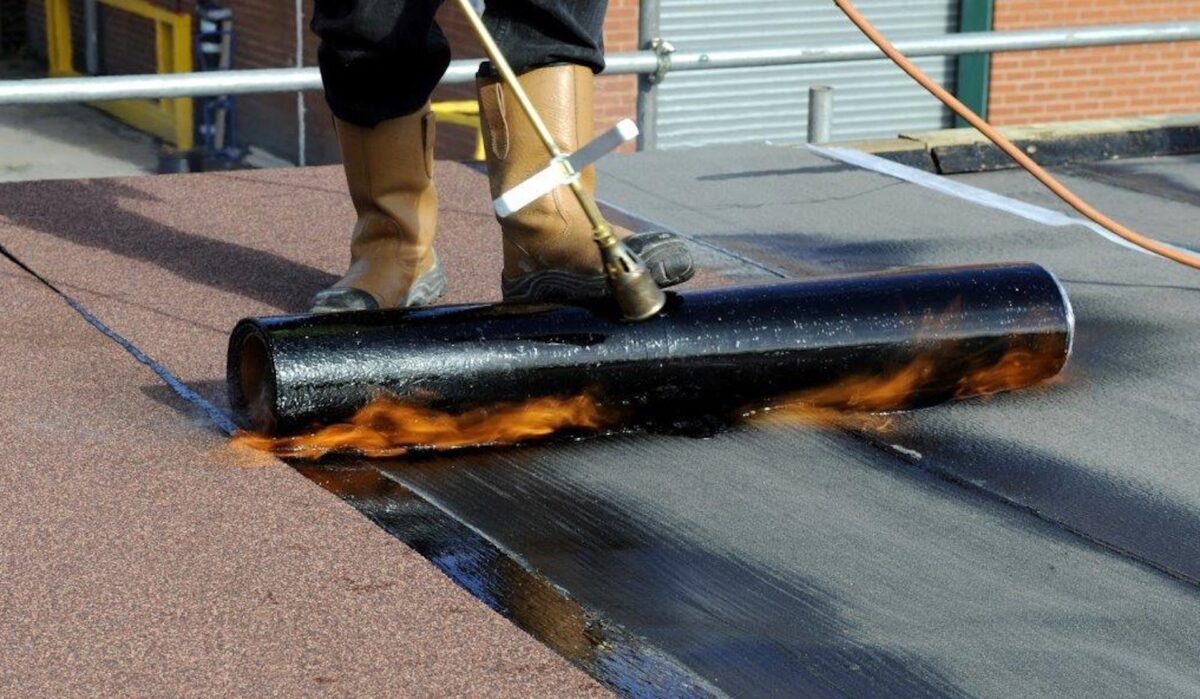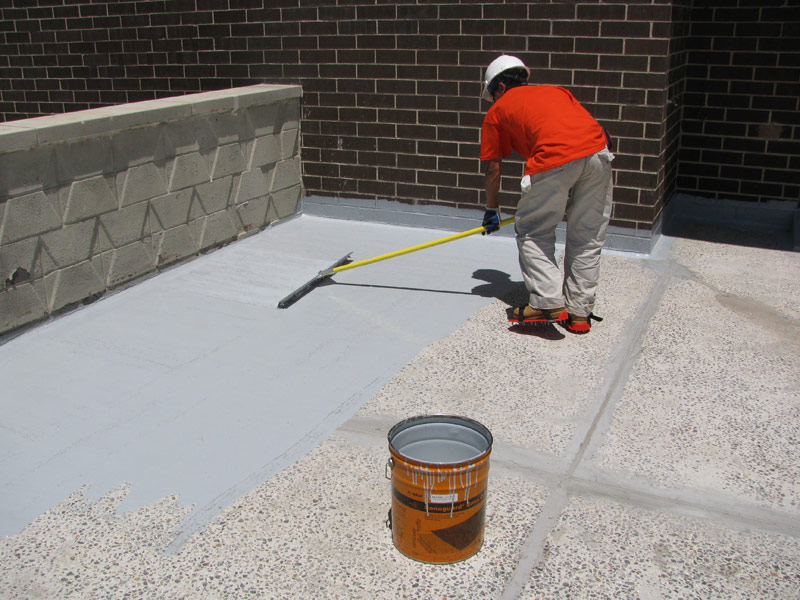Waterproofing is crucial to building construction and maintenance. Commercial properties face the constant threat of water damage. This damage can lead to structural issues, mold growth, and costly repairs. Hiring commercial waterproofing contractors in NYC is essential to ensure the longevity of buildings. In this blog, we will explore:
1. The importance of building waterproofing contractors in NYC
2. The services provided by contractors, and
3. How to choose the right contractor for your needs.
Understanding the Importance of Waterproofing
Water infiltration is a significant concern for commercial buildings in NYC. Moisture can seep into the structure without proper waterproofing measures. It can cause damage over time. Commercial Waterproofing Contractors NYC protects against water intrusion, preventing leaks and safeguarding the building’s structural integrity. Additionally, it helps maintain a healthy indoor environment by preventing mold growth.
The Role of Commercial Waterproofing Contractors
Commercial waterproofing contractors specialize in assessing and resolving water-related issues in commercial buildings. They have the expertise, experience, and tools necessary to provide effective waterproofing solutions. These professionals conduct thorough inspections and install appropriate waterproofing techniques.
Services Offered by Waterproofing Contractors
Commercial waterproofing company NYC offers a range of services. These services may include:
- Basement Waterproofing
Basement areas are particularly susceptible to water damage. Waterproofing contractors use various techniques like exterior excavation and drainage systems. It can prevent water seepage and flooding in basements.
- Foundation Waterproofing
Foundation waterproofing is crucial to protect the building’s structural stability. Contractors use methods such as waterproof membranes, coatings, and drain systems. It can keep the foundation dry and secure.
- Roof Waterproofing
Roof leaks can cause significant damage to a commercial building. Commercial Waterproofing Contractors NYC apply specialized coatings, sealants, and membranes. It can prevent water intrusion and prolong the lifespan of the roof.
- Exterior Wall Waterproofing
Exterior walls are vulnerable to water penetration, especially during heavy rain or snow. Waterproofing companies use techniques like sealants, coatings, and waterproof membranes. It can create a barrier against moisture.
- Drainage Systems
Proper drainage is essential to divert water away from the building. Waterproofing contractors install and maintain effective drainage systems to prevent water accumulation.
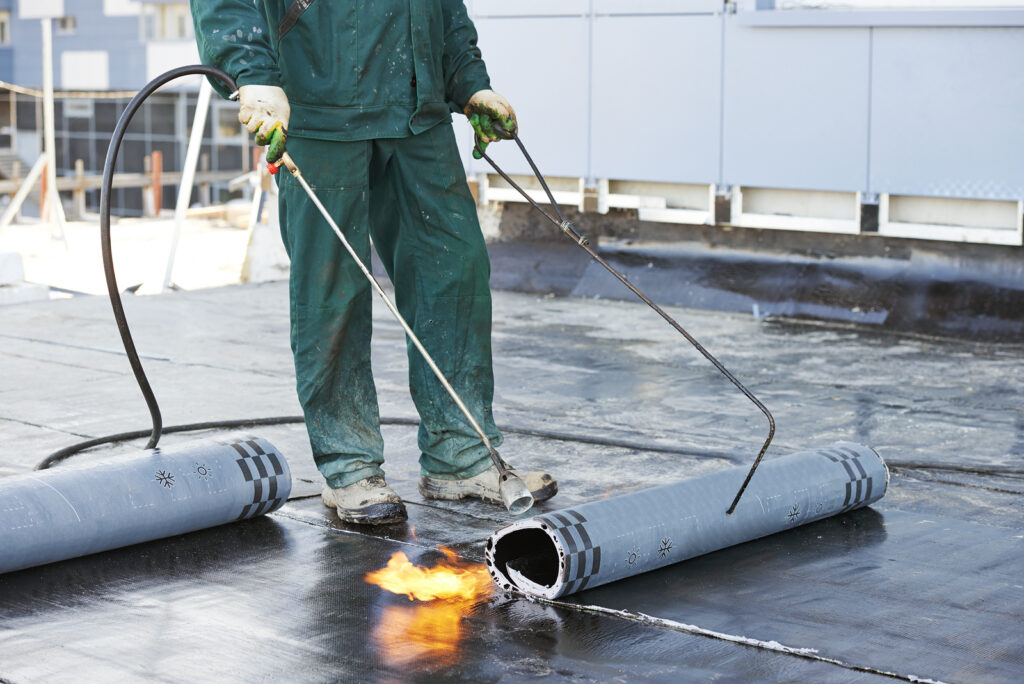
Choosing the Right Waterproofing Contractor
Selecting the right commercial waterproofing company in NYC is crucial. Consider the following factors when making your decision:
- Experience and Expertise:
Look for contractors with a proven track record in commercial waterproofing. Look for someone with extensive knowledge of industry best practices.
- Licenses and Certifications:
Ensure that the contractor holds the necessary licenses and certifications.
- Insurance Coverage:
Verify that the contractor carries adequate liability insurance to protect you from damages.
- Portfolio and References:
Review the contractor’s portfolio of past projects. Ask for references from previous clients to assess their quality of work.
- Transparent Pricing:
Request detailed cost estimates and compare them with other contractors.
Cost of Commercial Waterproofing
The cost of commercial waterproofing varies. It depends on factors such as the size of the building and the chosen waterproofing method. It is advisable to get many quotes from different contractors. Consider the long-term benefits and savings.
Benefits of Professional Waterproofing Services
Investing in professional commercial waterproofing services offers several advantages:
- Protection against water damage:
Waterproofing ensures that your building remains dry and safe from water-related issues.
- Long-term cost savings:
Preventing water damage through waterproofing can save you from expensive repairs.
- Improved indoor air quality:
Waterproofing helps prevent mold and mildew growth. It promotes a healthier indoor environment for occupants.
- Enhanced property value:
A well-maintained, waterproofed building retains its value and appeal in the market.
Best Practices for Maintaining Waterproofed Buildings
To ensure the longevity of your waterproofed building, follow these best practices:
- Regular Inspections:
Conduct routine inspections to identify and address any signs of water infiltration.
- Proper Drainage:
Keep gutters, downspouts, and drainage systems clear of debris to prevent water accumulation.
- Prompt Repairs:
Address any leaks, cracks, or damaged waterproofing to prevent further water damage.
- Maintenance of Coatings and Sealants:
Inspect and maintain protective coatings and sealants to ensure their effectiveness.
- Professional Maintenance Services:
Consider hiring professional maintenance services to conduct periodic inspections and maintenance tasks.
Conclusion
Commercial waterproofing is an essential investment for building owners and managers in NYC. By protecting against water damage, commercial waterproofing contractors ensure commercial properties’ longevity. When selecting a commercial waterproofing contractor, consider their experience and reputation. It can provide the success of your project.
FAQs
- How long does commercial waterproofing take?
The duration depends on the size of the building. It is best to consult with the contractor for a more accurate timeline.
- Can I waterproof my commercial building myself?
While some small-scale waterproofing tasks can be done by building owners, it is generally recommended to hire professional waterproofing contractors for effective results.
- How often should I inspect my waterproofed building?
Regular inspections should be conducted at least once or twice a year. It can identify any signs of water damage or potential issues that must be addressed.
- Are there any eco-friendly waterproofing options available?
Yes, eco-friendly waterproofing souse is available that utilize sustainable materials and practices. Discuss your preferences with the waterproofing contractor to explore environmentally friendly options.
- Can commercial waterproofing help reduce energy costs?
Yes, commercial waterproofing can improve efficiency and reduce energy costs.

